Crucial $2.7 Trillion Resource Is Being Lost to Warming Ocean Temperatures
At this point, it has become overwhelmingly obvious that climate change is not only real but that our planet is already feeling its negative effects.
While many environmentalists, governments, and people worldwide are currently discussing the effects of climate change, including extreme weather, warming oceans, drought, and displacement, one resource has been all but forgotten. As the oceans warm, nearly $2.7 trillion will be lost due to the destruction of coral reefs.
Understanding the Importance of Coral Reefs
Before diving into the effects of dying coral reefs, it’s first crucial to understand what they are and, more importantly, what they do for human beings.
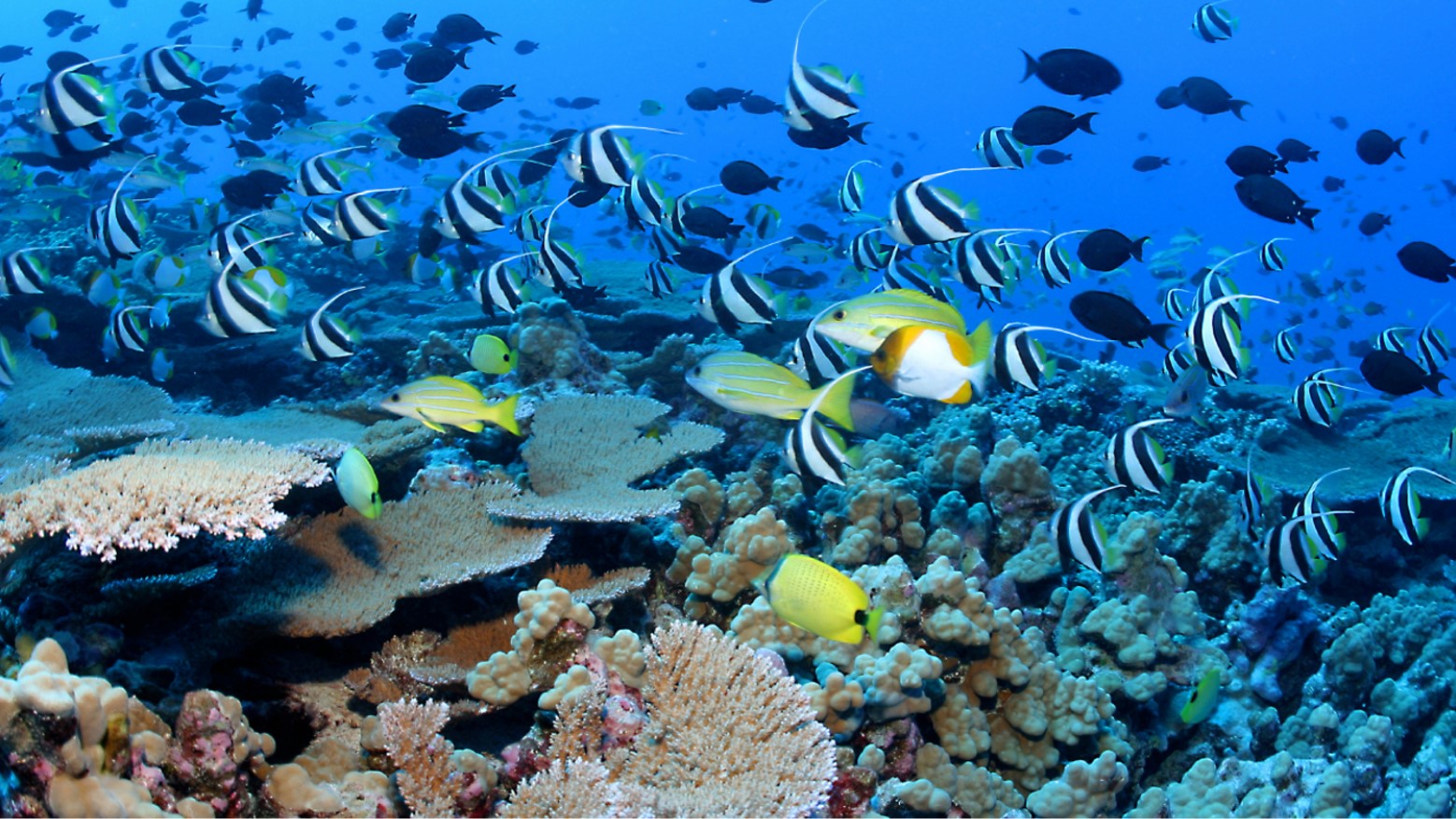
Source: NOAA
Coral reefs are ridges of rock and rock formed within the shallow waters of the world’s oceans. They are entire ecosystems, providing homes and food for billions of marine life species.
Coral Reefs Provide Jobs and Food to Half a Billion People
People love exploring these intricate and beautiful ecosystems through scuba diving and snorkeling, but in addition to being colorful and awe-inspiring, they are also necessary for the planet’s function.

Source: Freepik
Coral reefs protect coastlines from storms and erosion, as well as provide food and income to nearly half a billion people. There are hundreds of millions who make a living catching and selling the fish and other species that live near coral reefs, and even more who enjoy eating them.
Coral Reefs Ensure 25% of All Marine Life Species
According to the US Environmental Protection Agency (EPA), “An estimated 25 percent of all marine life, including over 4,000 species of fish, are dependent on coral reefs at some point in their life cycle.”
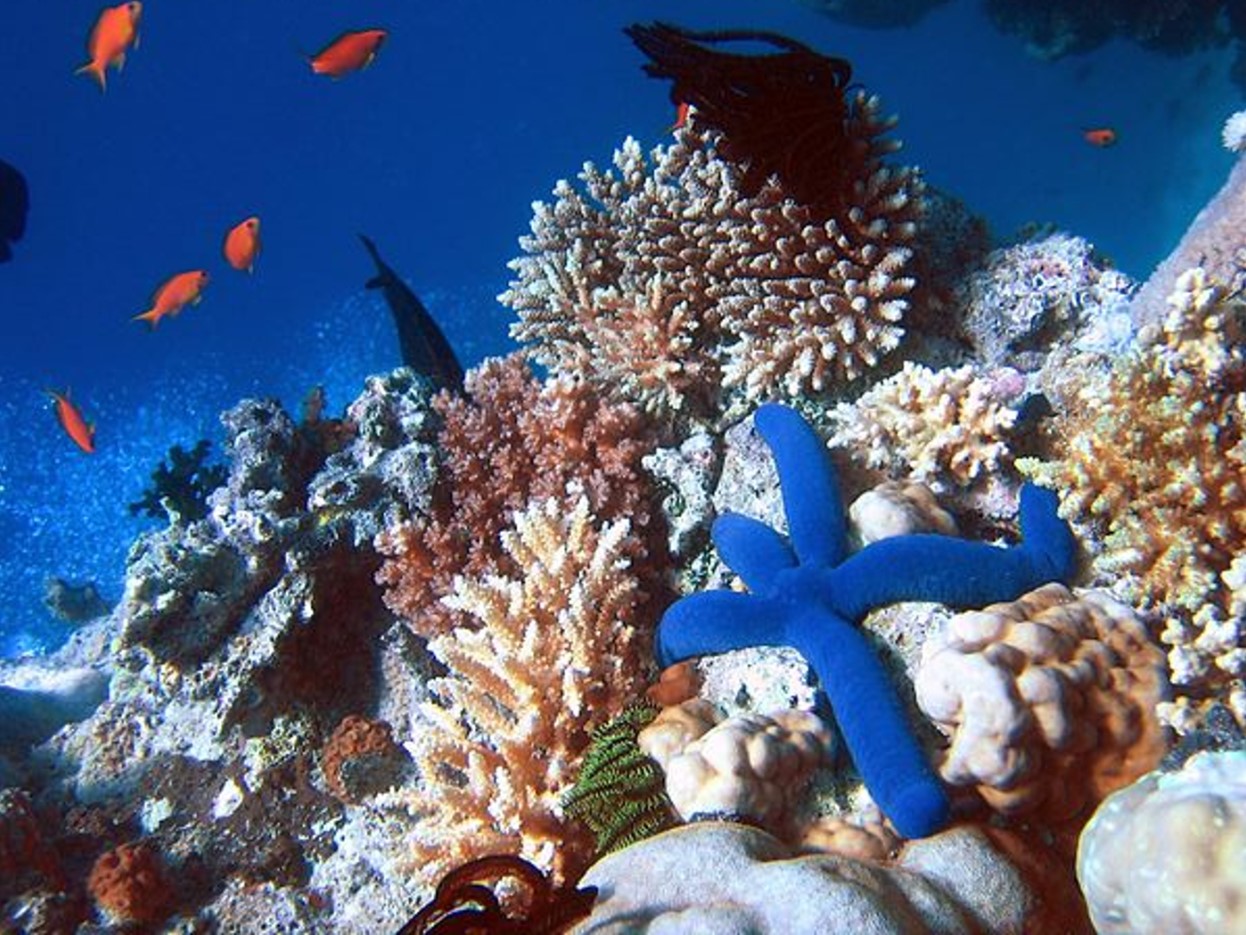
Source: Wikipedia
This means that without ample healthy coral reefs in the ocean, thousands of species of edible fish could die off. The people who live on these fish, either as sustenance or for their income, will experience significant struggles.
How Do Coral Reefs Die?
The coral, which makes up the ecosystem, is actually an animal itself. Corals are alive, and unlike plants, they do not make their own food but instead feed on microscopic plankton in the water.
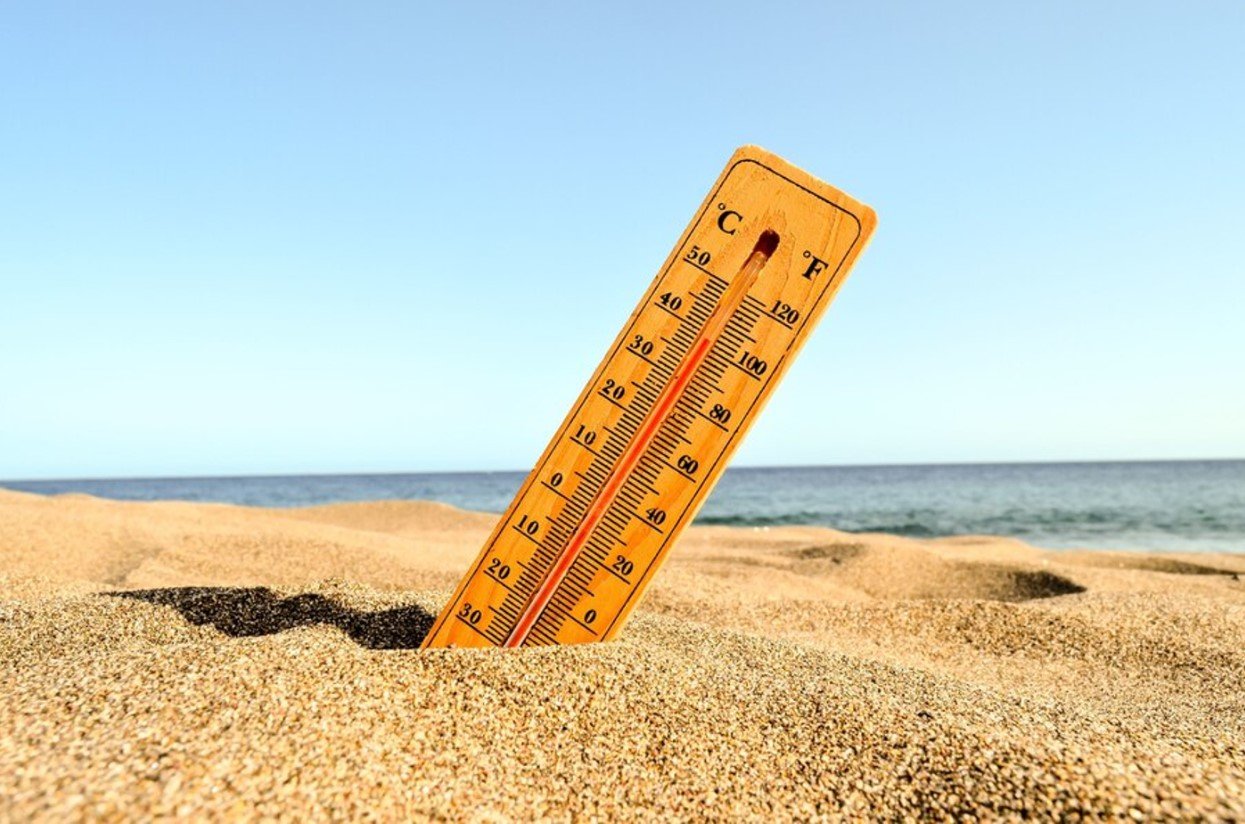
Source: Freepik
Therefore, like any other animal, coral can die. However, when the ecosystem is functioning properly, coral very rarely dies. But there is one major threat that can kill vast amounts of coral reefs in seconds: warm water.
How Does Warm Water Kill Coral?
Warm waters cause the coral to expel the algae that live happily in its tissues. Without this algae, the coral turns white and dies.
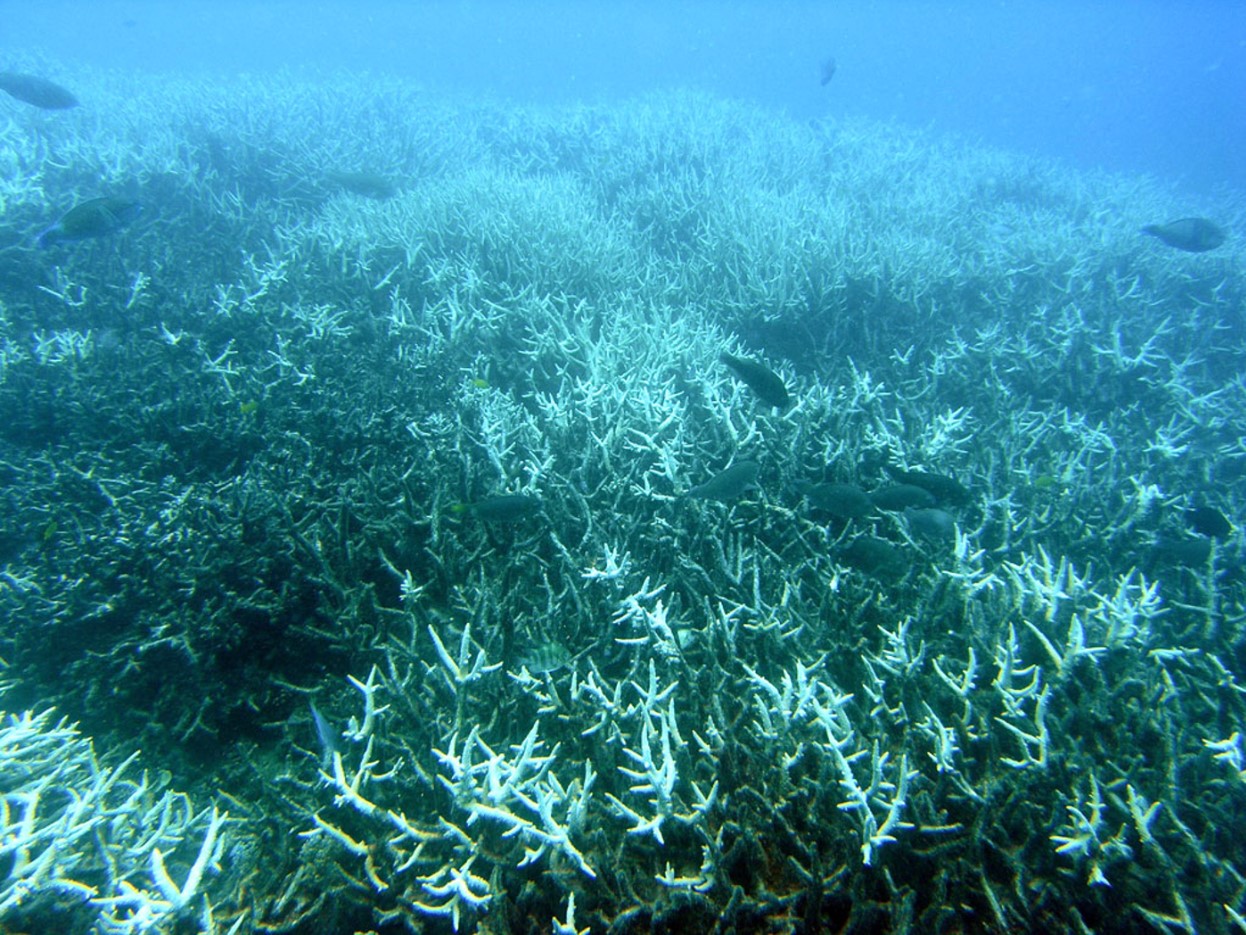
Source: Wikipedia
This process is known as coral bleaching, and sadly, it’s become quite common among coral reefs all over the world over the past two decades.
Coral Bleaching Over the Past 20 Years
While coral bleaching isn’t technically a new phenomenon, historically, it has been extremely uncommon. However, over the past 20 years, coral death through bleaching is happening much more frequently and in every corner of the world. And this reality is undoubtedly being caused by the planet’s warming oceans.
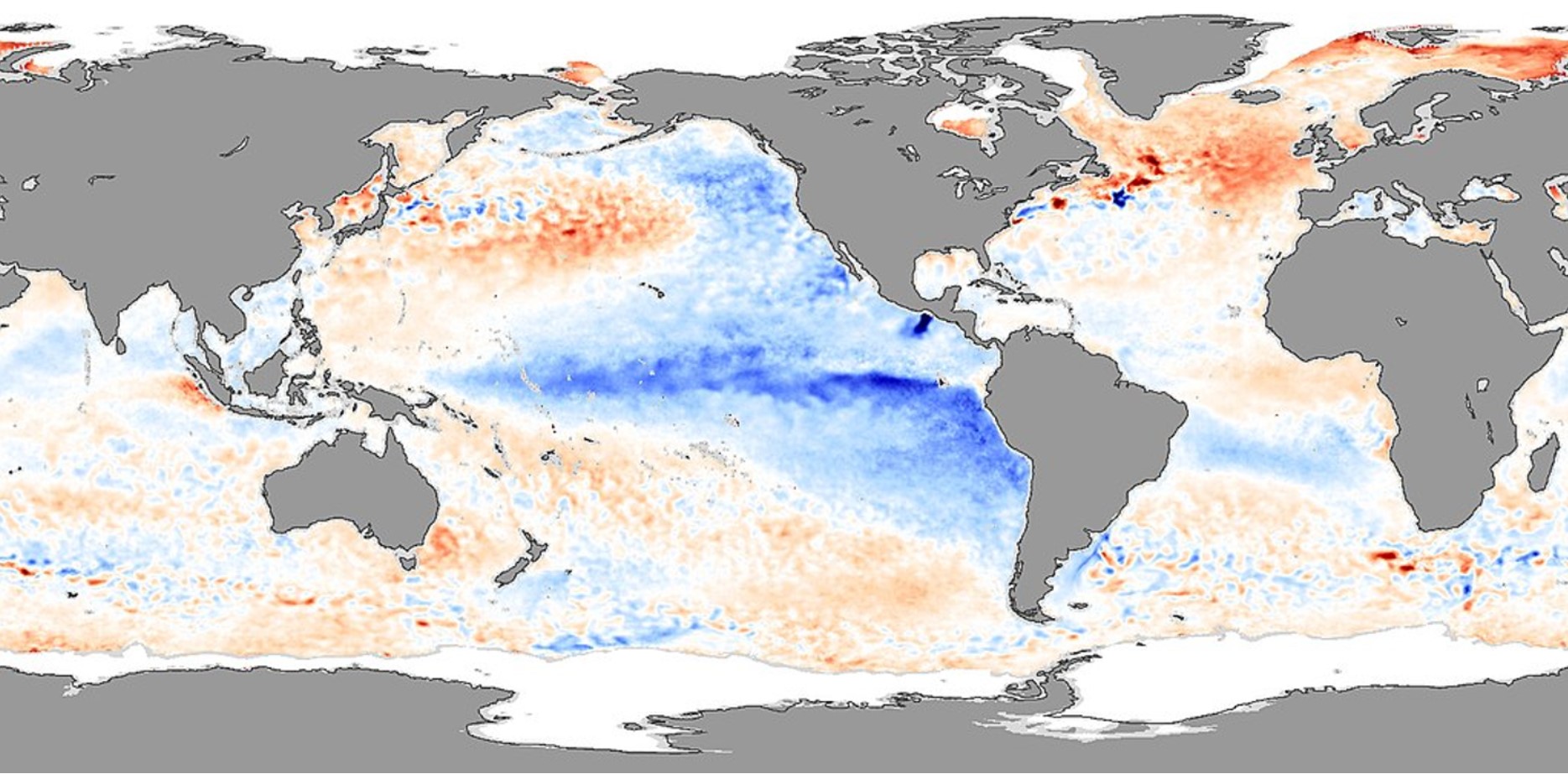
Source: Wikipedia
While there are an alarming number of bleached coral reefs already, the National Oceanic and Atmospheric Administration (NOAA) is deeply concerned that a mass extinction of coral reefs is right around the corner.
The NOAA Is Extremely Concerned About Dying Reefs
During the first few weeks of April 2024, NOAA announced that while incredible and irreversible global bleaching had been occurring since February 2023, a second mass bleaching is destined to hit the ocean’s reefs this month.
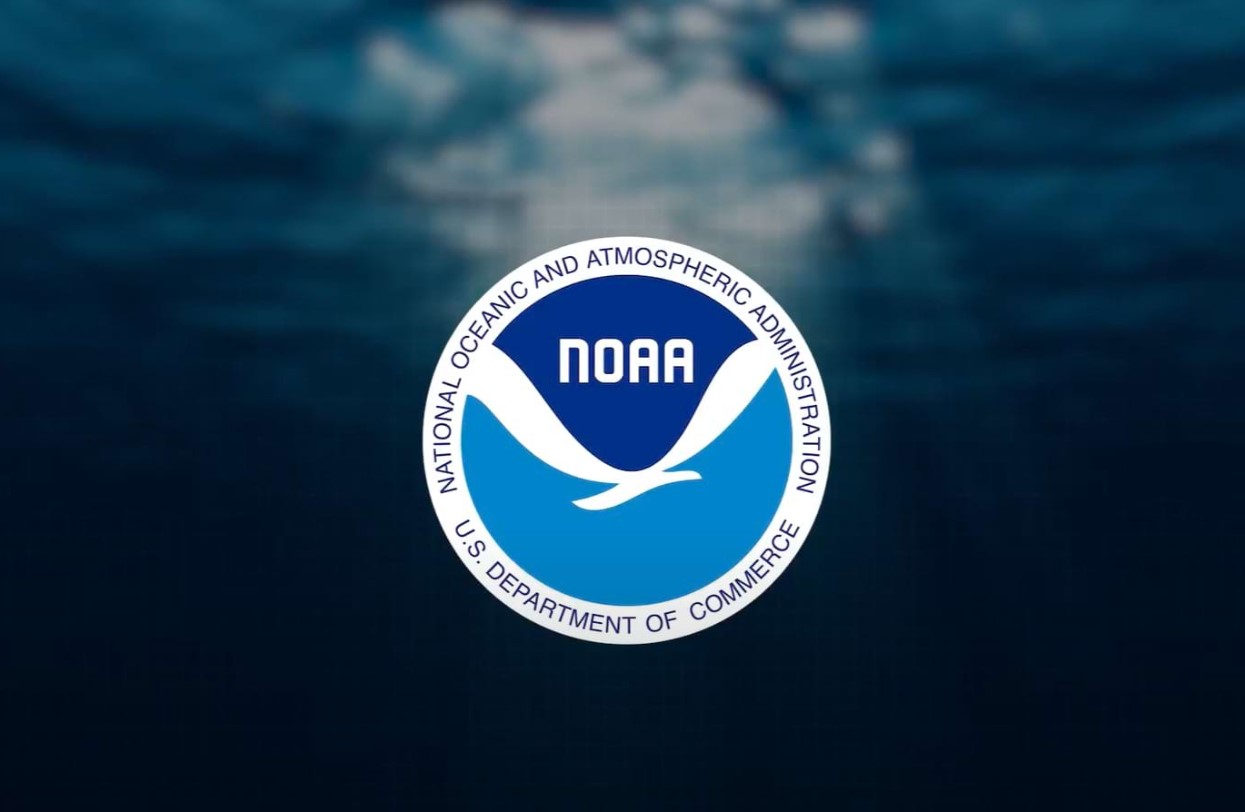
Source: NOAA
NOAA also explained, likely in the hopes of alerting those who don’t pay attention to the world’s oceans, that this occurrence will change the entire planet forever, specifically its economy.
What Happens When Reefs Die?
When coral reefs die, it destroys a natural ecosystem for the hundreds of millions of fish and other marine life species that live there. It also affects the planet in several ways, including the economy.
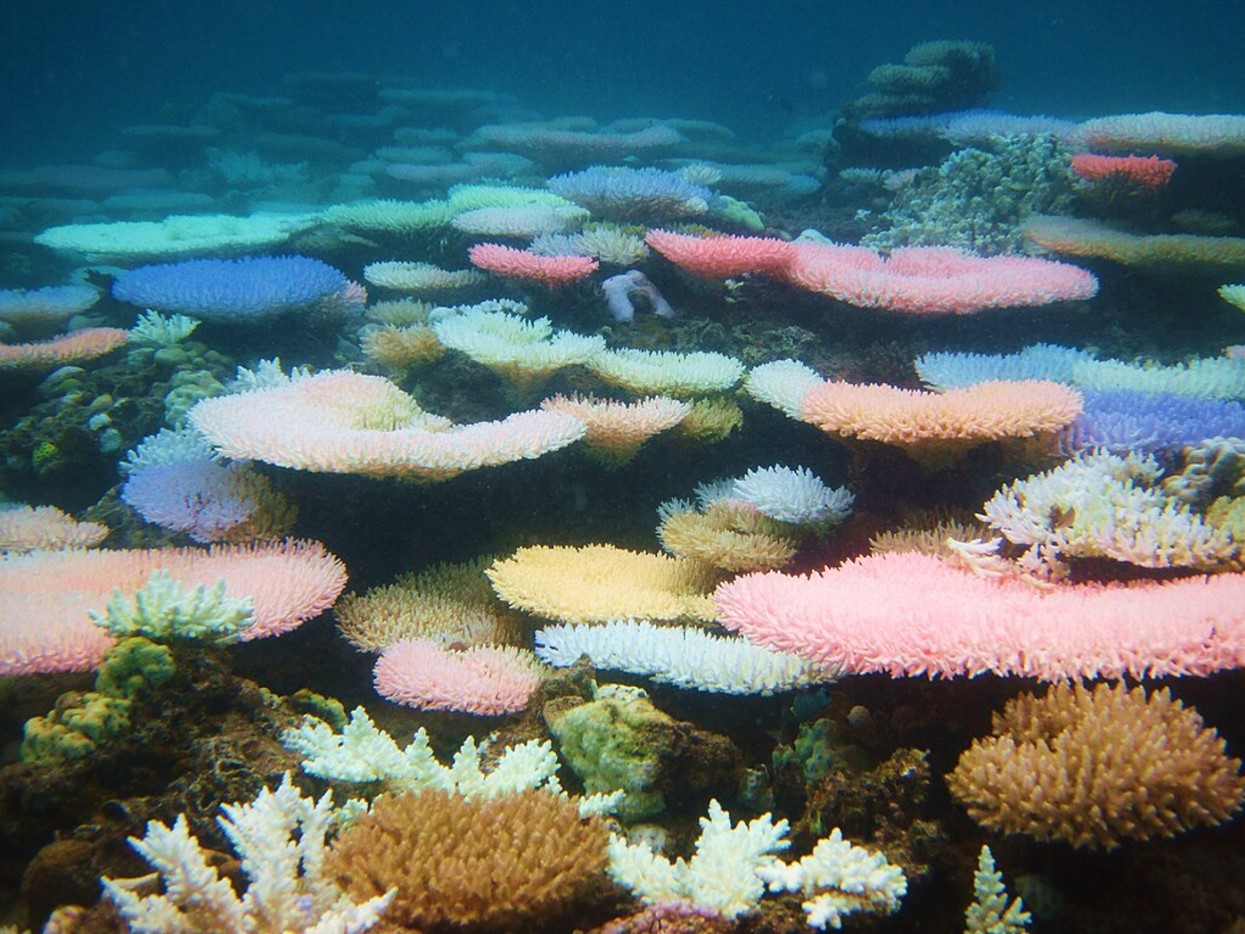
Source: Wikipedia
According to NOAA, coral reefs have an annual economic value of a whopping $2.7 trillion. Without them, the world’s economy and food supply will unquestionably suffer.
Coastal Communities Will Feel the Effects of This Reality First
The world’s coastal communities that live off the fish in coral reefs will feel the effects of their dying first. First and foremost, many people who work by fishing these areas and selling their produce locally and to larger organizations will lose their jobs.

Source: Freepik
Additionally, the people living in these communities will have to find other sources of sustenance, which will lead to higher costs for imported foods, negatively affecting both their diet and their local economy.
Is There Anything to Be Done to Save the Coral Reefs?
Of course, coastal areas will not be the only ones to notice a change. People worldwide will pay more for marine products, increasing inflation and having negative effects on their overall diet and physical health.
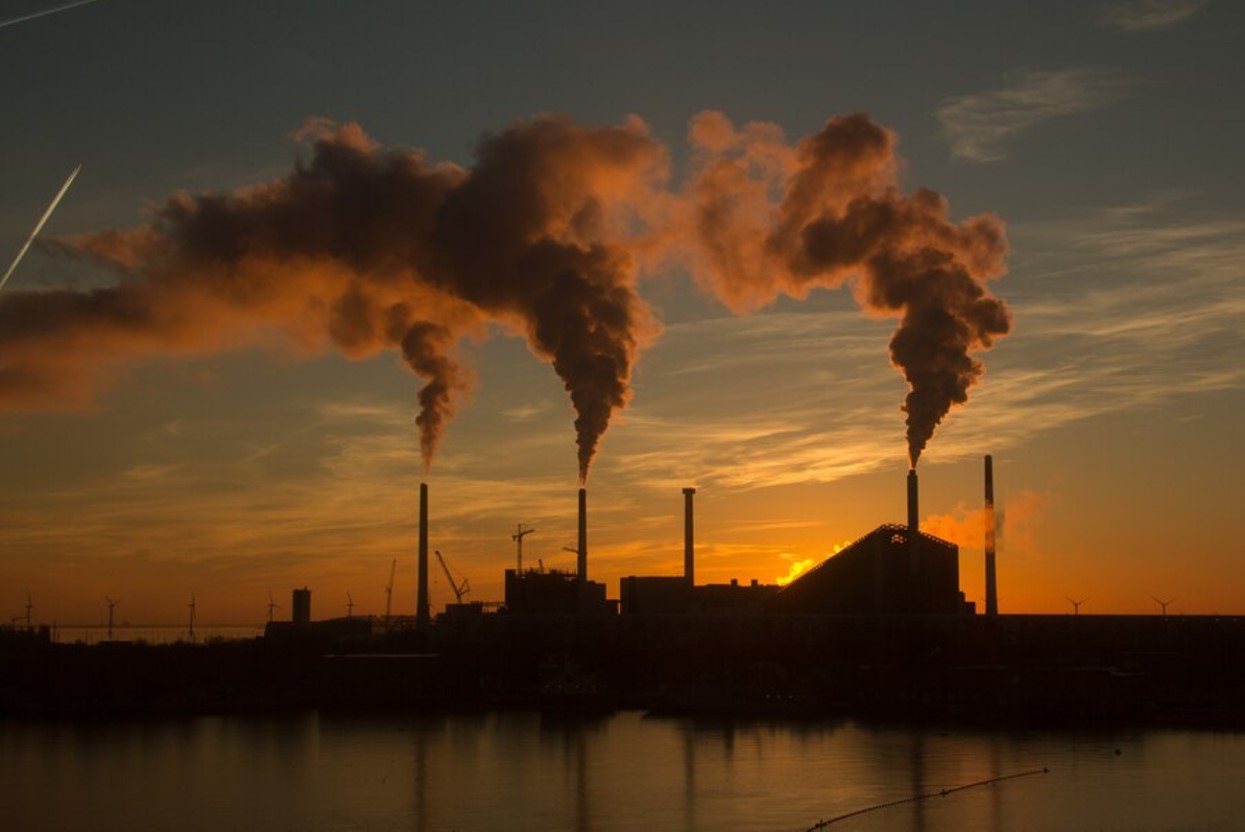
Source: Freepik
Unfortunately, there seems to be nothing that anyone can do to reverse this reality. Hundreds of miles of coral reefs will be bleached by the end of 2024. Even if humans completely stopped using fossil fuels right now, which they are not going to do, there would be no way to reverse this devastating occurrence.
Climate Change Is Going to Affect Us in More Ways Than Imaginable
While nothing can be done to save the many coral reefs that will bleach and die this year, environmentalists hope this reality will wake up the millions of people who continue to pretend that climate change won’t affect them in this life.
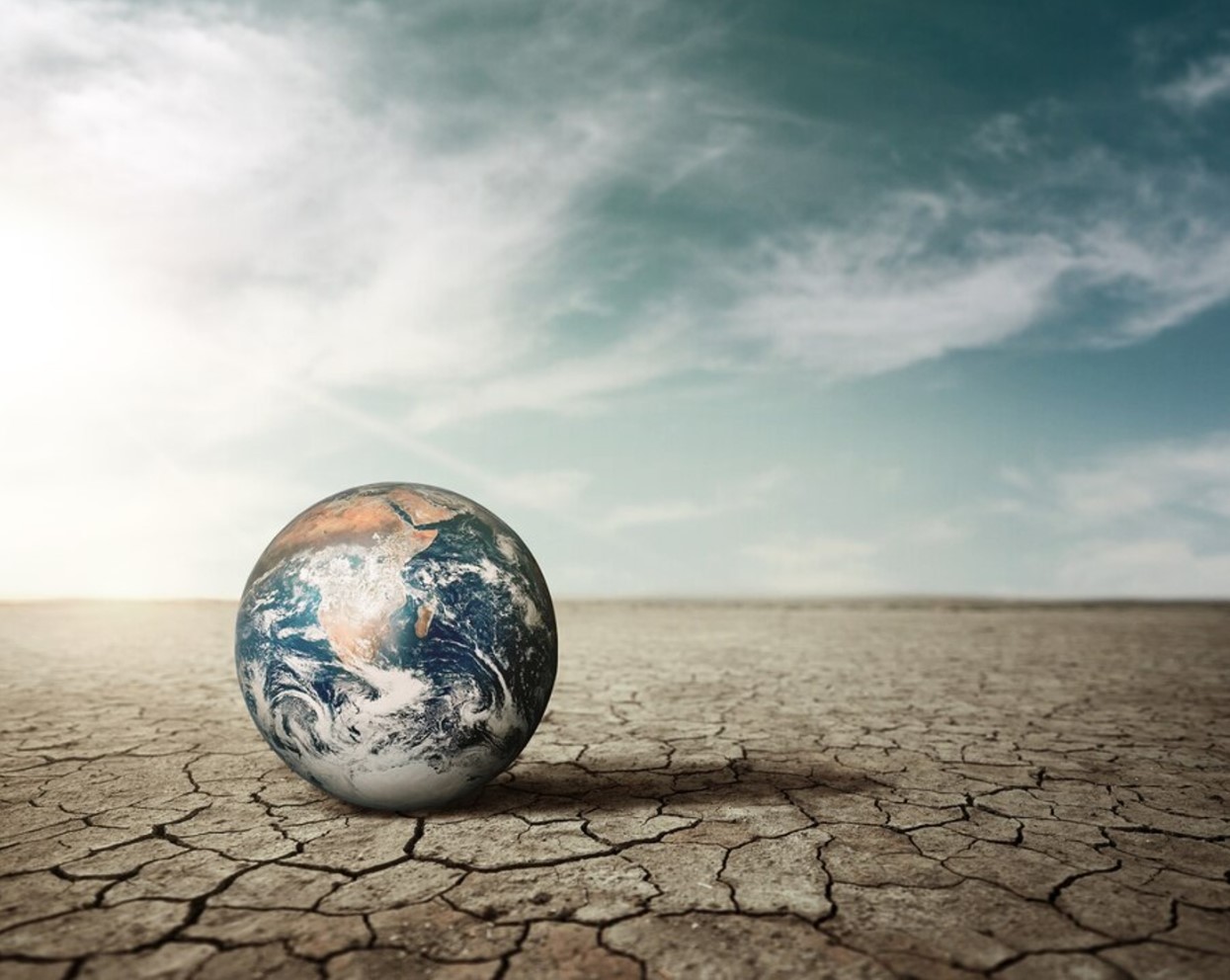
Source: Freepik
The planet we live on cannot survive, let alone thrive, with the current conditions. And this isn’t just a problem for the distant future; it’s happening as we speak. We need to change the way we treat this planet right now if we want to keep it alive.
